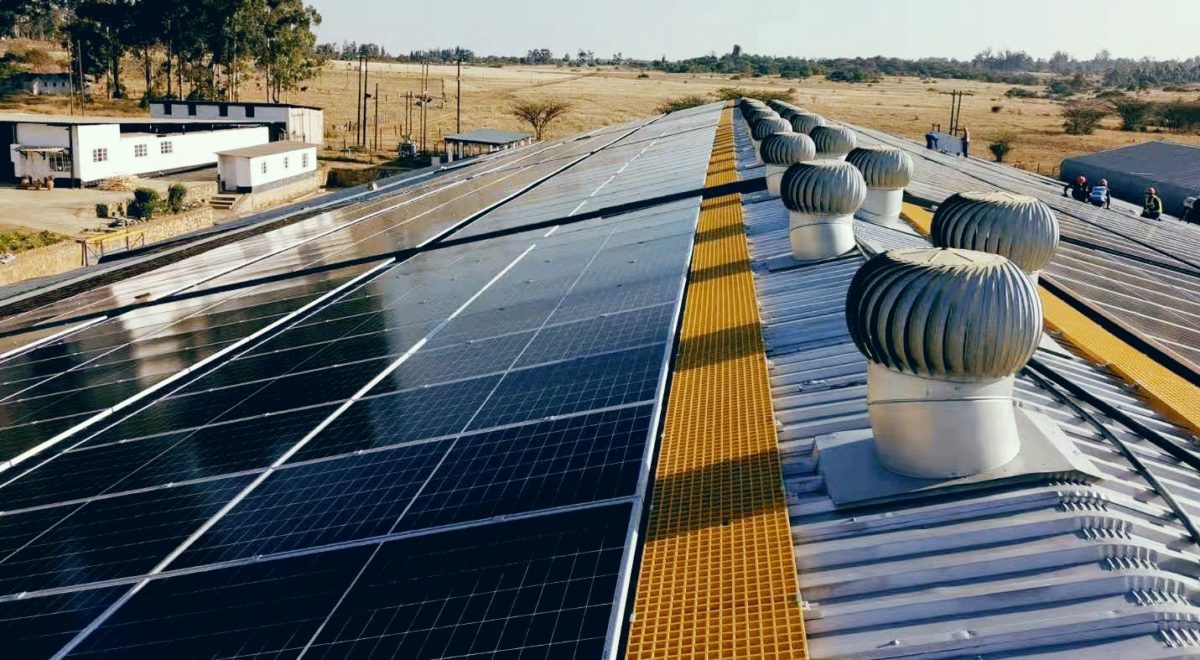Zimbabwe has announced a government implementation agreement (GIA) to expedite the commissioning of 27 solar IPP installations. The 1 GW of projects range from 5 MW arrays to 100 MW solar parks and will cost about $1 billion in total.
The government has promised to help make the IPP projects bankable. The GIA includes a project development support agreement, a power purchase agreement, and an agreement with the Reserve Bank of Zimbabwe for guaranteed payments of dividends and foreign loan repayments to external investors and lenders.
Finance Minister Mthuli Ncube said that the government will guarantee viable power tariffs and PPAs to projects that pass the screening process.
“A key ingredient to the successful implementation of the solar IPPs projects is a bankable government implementation agreement with an economic tariff,” Ncube said in a statement.
The incentives are part of Zimbabwe’s plans to achieve upper middle-income status by 2030, as a diversified, reliable, and affordable electricity mix will be a key factor in achieving that goal, Ncube said. The country aims to generate 1.1 GW of electricity from renewable sources by 2025, but its volatile currency and unattractive tariffs have kept IPP investment at bay.
The announced incentives will be “game changers” for Zimbabwe’s power sector, Mathesha Koko, managing director for South Africa-based IPP Mathesha Energy and a former Eskom CEO, said on Twitter last week.
pv magazine print edition
“We are pleased that the government of Zimbabwe has worked in a very coordinated way to implement the necessary government support agreement that will make the independent power projects in Zimbabwe bankable,” he added.
Zimbabwe had 30 MW of installed PV capacity at the end of 2021, according to the latest statistics from the International Renewable Energy Agency (IRENA).
This content is protected by copyright and may not be reused. If you want to cooperate with us and would like to reuse some of our content, please contact: editors@pv-magazine.com.



6 comments
By submitting this form you agree to pv magazine using your data for the purposes of publishing your comment.
Your personal data will only be disclosed or otherwise transmitted to third parties for the purposes of spam filtering or if this is necessary for technical maintenance of the website. Any other transfer to third parties will not take place unless this is justified on the basis of applicable data protection regulations or if pv magazine is legally obliged to do so.
You may revoke this consent at any time with effect for the future, in which case your personal data will be deleted immediately. Otherwise, your data will be deleted if pv magazine has processed your request or the purpose of data storage is fulfilled.
Further information on data privacy can be found in our Data Protection Policy.